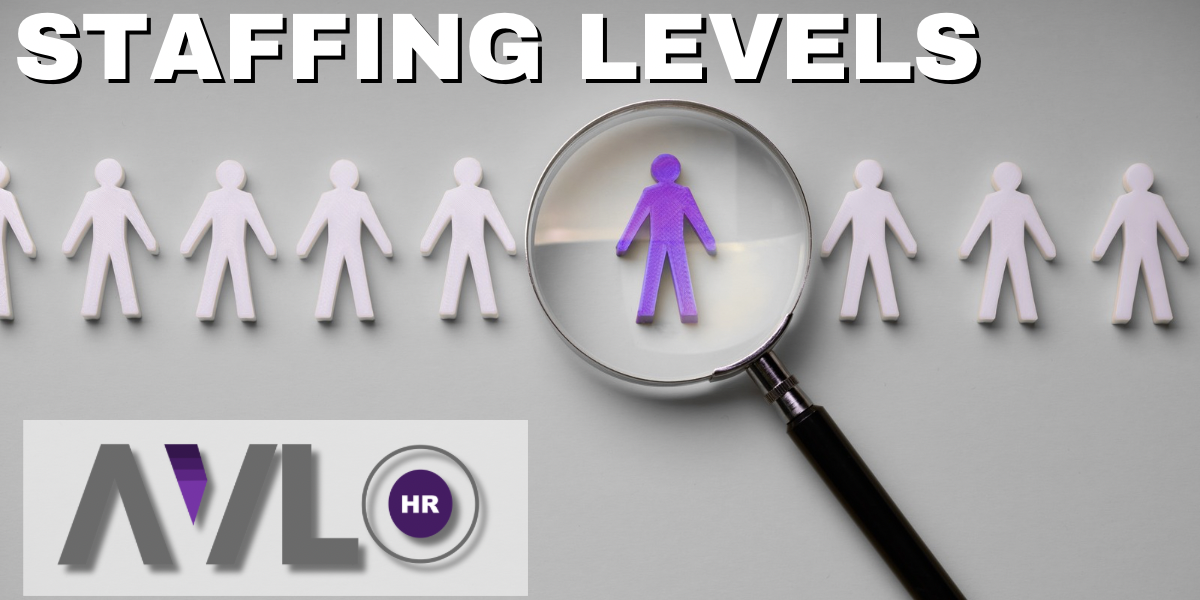This month we’re shining a spotlight on staffing levels. An issue that affects all businesses, but also something that can be tricky in terms of striking the right balance. Although there is no “perfect” solution when it comes to the number of staff you should hire, understanding the needs of your business should help you to make the decisions that will be best for you.
The impact of technology
The advancement and access of technology within the workplace means that nowadays businesses are presented with different ways of working. Some of these may help businesses when it comes to managing their costs, and staffing will be one of these. Getting the correct balance means avoiding the occurrence of either overstaffing or understaffing. Yet what do these two terms actually mean for your business?
Overstaffing and having a surplus of employees is likely going to impact on the business financially. Having more individuals employed also means having more individuals to pay! This scenario could also adversely affect staff performance, subsequently affecting the quality and quantity of work produced. Underperformance may also occur here, where employees become complacent due to an excess of staff. On the other hand, understaffing is not an ideal environment in which to work. Employees may feel stressed due to an increase in their workload, which then leads to burnout, again having a negative impact on work production.

Understanding staffing levels for your business
You should take a few factors into account when attempting to determine the staffing levels that will work for your business. These include (but are not limited to) any busy
or “peak” times, where you may wish to think about fixed-term roles if appropriate. Other factors include requested holidays, the levels of illness that result in absences alongside the skill requirements of your business.
To discuss the staffing level needs of your business (or any other business-related issue), as always you are welcome to get in touch with one of our team who will be able to discuss this with you further.








